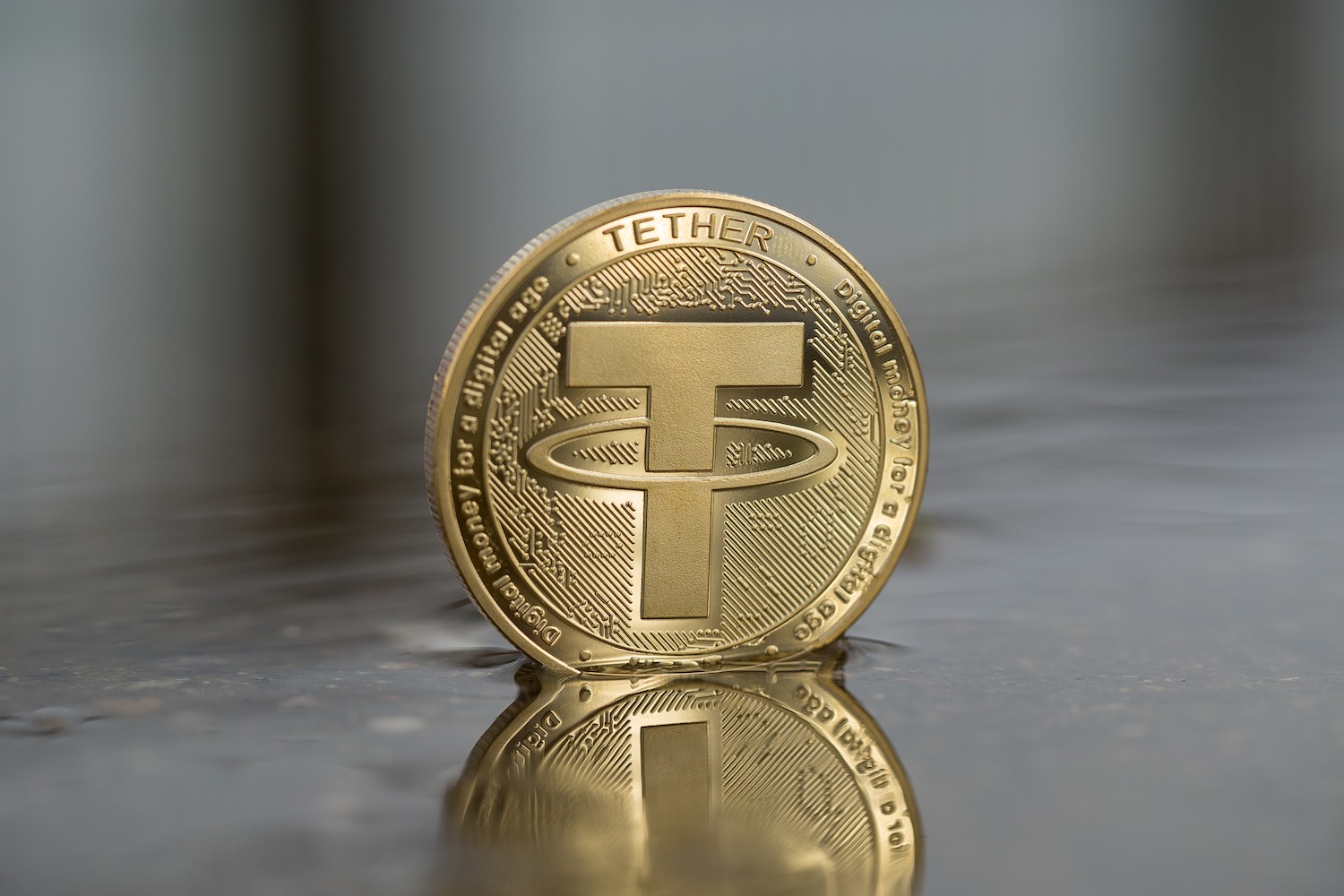Tether Moves to Boost Transparency with Full Audit Amid Growing Concerns
22.03.2025 18:00 2 min. read Alexander Stefanov
Tether, the issuer behind the popular USDT stablecoin, is reportedly in talks with a top accounting firm to initiate a comprehensive audit of its asset reserves to confirm the 1:1 backing of its tokens.
This move follows increasing concerns about the company’s lack of third-party audits, which had previously raised questions about the potential for a liquidity crisis similar to the collapse of FTX.
Paolo Ardoino, Tether’s CEO, expressed confidence in the audit process, stating that under a pro-crypto administration, such as that of Donald Trump, major accounting firms would be more likely to collaborate with Tether. He emphasized that the audit is a priority for the company. While Tether has previously been subject to quarterly reports, it has never undergone a full independent annual audit, which would offer greater assurance to both regulators and investors.
Although Ardoino did not disclose which of the Big Four firms—PwC, EY, Deloitte, or KPMG—would be chosen for the audit, the company’s efforts come as it seeks to increase transparency. Tether’s USDT has long maintained a claim of being fully backed by reserves that match its circulating supply, comprising traditional currencies and cash equivalents. This has been an ongoing point of contention, with critics like Justin Bons, founder of Cyber Capital, warning that Tether’s lack of proof for its $118 billion in collateral poses a significant risk to the crypto ecosystem.
In preparation for this full audit, Tether appointed Simon McWilliams as chief financial officer earlier this year. However, scrutiny around the stablecoin has continued to grow, especially after Tether faced a $41 million fine in 2021 for misleading regulators about the true nature of its reserves. More recently, the company has expressed frustration over new European regulations that have caused exchanges like Crypto.com to remove USDT from their platforms.
-
1
UK Regulators Unveil PISCES – A New Era for Private Share Trading
11.06.2025 15:00 2 min. read -
2
Trump Turns 79 With Billions in Crypto and a $45M Parade
14.06.2025 22:00 2 min. read -
3
Polygon Breaks from Decentralization as Sandeep Nailwal Assumes Full Control
11.06.2025 20:00 2 min. read -
4
Nvidia CEO Urges UK to Invest in AI Infrastructure or Risk Falling Behind
10.06.2025 9:00 1 min. read -
5
KuCoin Plants Its Flag in Bangkok With a Licensed Thai Exchange
14.06.2025 13:00 1 min. read
Vitalik Buterin Warns Digital ID Projects Could End Pseudonymity
Ethereum co-founder Vitalik Buterin has voiced concerns over the rise of zero-knowledge (ZK) digital identity projects, specifically warning that systems like World — formerly Worldcoin and backed by OpenAI’s Sam Altman — could undermine pseudonymity in the digital world.
What Are the Key Trends in European Consumer Payments for 2024?
A new report by the European Central Bank (ECB) reveals that digital payment methods continue to gain ground across the euro area, though cash remains a vital part of the consumer payment landscape — particularly for small-value transactions and person-to-person (P2P) payments.
History Shows War Panic Selling Hurts Crypto Traders
Geopolitical conflict rattles markets, but history shows panic selling crypto in response is usually the wrong move.
At Least Five Law Firms Target Former Strategy Over Misleading BTC Risk Disclosures
Bitcoin-focused investment firm Strategy Inc. (formerly MicroStrategy) is facing mounting legal pressure as at least five law firms have filed class-action lawsuits over the company’s $6 billion in unrealized Bitcoin losses.
-
1
UK Regulators Unveil PISCES – A New Era for Private Share Trading
11.06.2025 15:00 2 min. read -
2
Trump Turns 79 With Billions in Crypto and a $45M Parade
14.06.2025 22:00 2 min. read -
3
Polygon Breaks from Decentralization as Sandeep Nailwal Assumes Full Control
11.06.2025 20:00 2 min. read -
4
Nvidia CEO Urges UK to Invest in AI Infrastructure or Risk Falling Behind
10.06.2025 9:00 1 min. read -
5
KuCoin Plants Its Flag in Bangkok With a Licensed Thai Exchange
14.06.2025 13:00 1 min. read


